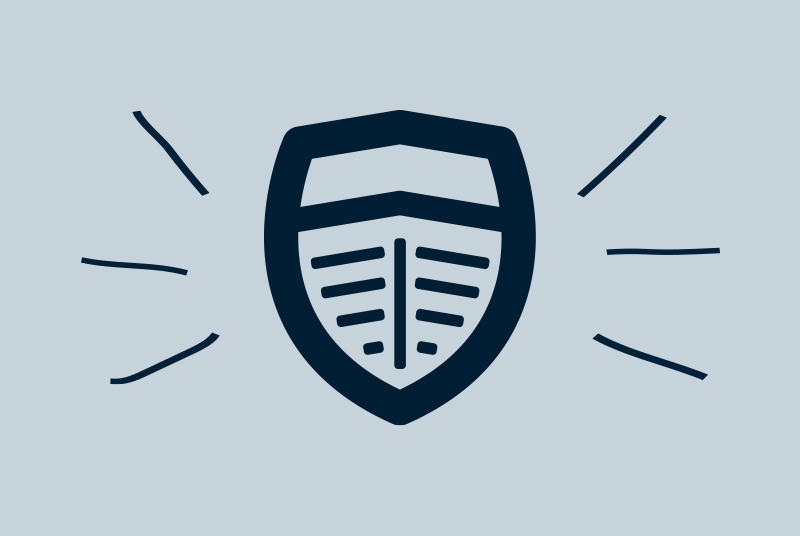Security
Get a one-ring call? Don't call back.
Have you ever had your phone ring once and then stop? If so, you may have been targeted with what is known as a one-ring scam.
What is a One-Ring Scam?
Scammers ring once hoping you will think you missed a call and call back. The call may appear to originate from the U.S. with a three digit area code; however, international regions also use three digit codes (809 is the Dominican Republic, 375 is Belarus, 232 is Sierra Leone). If you return the call you may start to accrue high per minute fees the second you’re connected. Some victims have reported being charged $50 per minute.
How to Avoid One-Ring Scams
- Don’t call back. If it’s important, the caller will leave a message.
- If you are concerned that it might be a legitimate call, check the numbers before calling to see if the area code is international. 268, 284, 473, 664, 649, 767, 809, 829, 849, 876 are all examples of international calling codes. If you’re unsure, don’t dial it.
- If you do not make international calls, have your phone company block outgoing international calls on your line.
- Check your phone bill to make sure you are not accruing charges that you do not recognize.
- If you do fall victim to one of these scams, try to resolve the charges with your cell phone carrier. If that doesn’t work, file a complaint with the Federal Trade Commission and the Federal Communications Commission.







